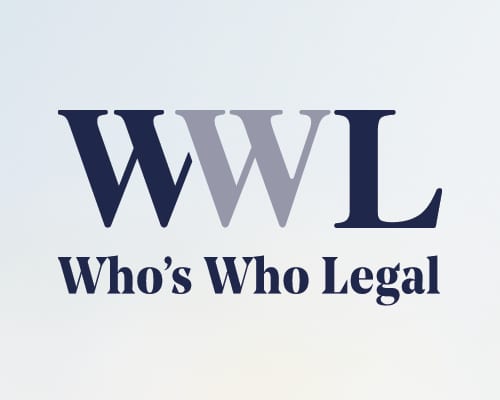
On March 6, Fraser Hartley will join a panel of experts to discuss blockchain and the implications for businesses in BC and around the world.
On Tuesday, March 6, 2018, Fraser will be speaking as a panelist on Beyond Bitcoin: Blockchain and the Future of Work. This event is organized by the Graduate Business Student Association at the Beedie School of Business at Simon Fraser University.
Fraser will share insight into the legal implications of blockchain and discuss what this technology means for BC business with a panel of fintech experts, industry leaders, and notable researchers.
Beyond Bitcoin: Blockchain’s Potential for Business
Bitcoin’s volatile rise in value has caused many to overlook the potential of blockchain, the technology that underpins the cryptocurrency. Blockchain is a decentralized and public ledger that can be used to record transactions. Since this database is shared and continually reconciled across a network, there is no single point of failure, creating a secure system. This design also allows for a transparent record of exchange.
Traditionally, when two banks want to make a transfer of funds, they temporarily lock access or affect the balance during the transfer, before updating the other ledger and re-opening access. We can think of this exchange as analogous to two parties sharing a single Microsoft Word document and passing it back and forth to make edits. In contrast to this, some commentators have used the analogy of Google Docs to explain how blockchain works. With Google Docs, all parties have access to the same document simultaneously. They can both make edits to the document and see the changes reflected in real time, reducing the time spent shuffling a document back and forth.
It is easy to see how this concept of a shared and decentralized exchange, when applied to financial transactions, might lead to lower transactional costs. The potential benefits of blockchain go beyond this to include smart contracts, instructions written in code that can self-execute. This has implications for nearly every industry.
“The notion of shared public ledgers may not sound revolutionary or sexy. Neither did double-entry book-keeping or joint-stock companies. Yet, like them, the blockchain is an apparently mundane process that has the potential to transform how people and businesses co-operate.”—The Economist
Want to learn more about how blockchain will affect business? Follow the EKB Fintech Blog for more insights from Fraser Hartley and EKB lawyers on blockchain, fintech, and the law.





